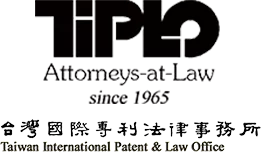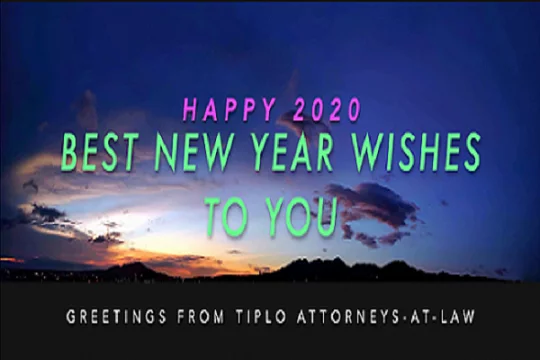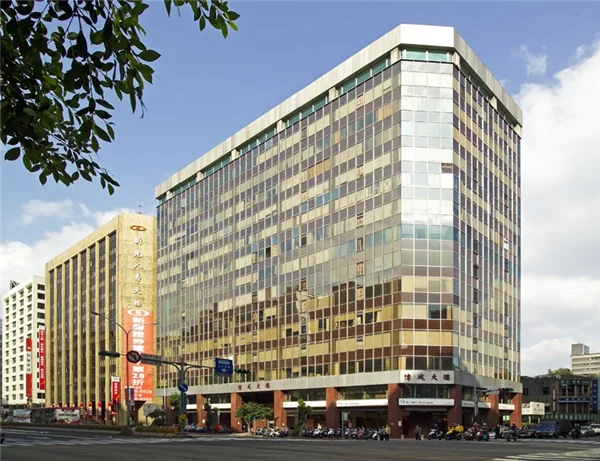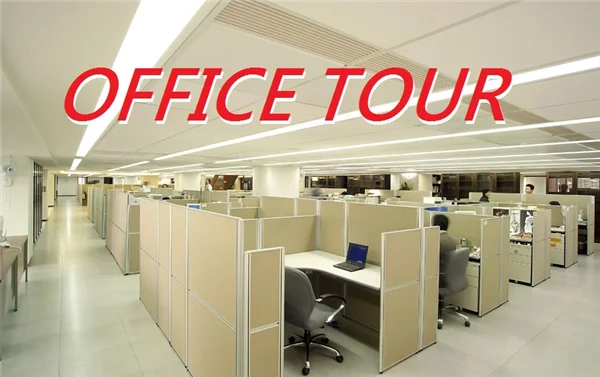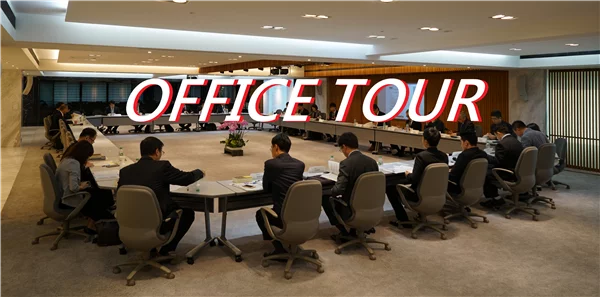Electronic Marketplace Standard in B2B issued by Fair Trade Commission
E030905Y4 Oct. 2003(E47)
Yesterday the FTC (Fair Trade Commission) passed “Interpretation of Electronic Marketplace Standard stipulated in the Fair Trade Law”, which provides a standard for Information Sharing Protocol in e-commerce, buyer monopolization, exclusive conduct, etc in B2B. Operators of marketplace websites from now on, if found to hide information, disclosed inappropriate information, monopolized, excluded or utilized the information sharing protocol to proceed with such misconduct as price collaboration so as to influence the fair trade in the market could be considered violating the Fair Trade Law and accordingly be punished.
The electronic marketplace is a digitalized e-commerce trading space in B2B, through the internet virtual space as a platform, connecting upstream, midstream and downstream factories of all industries to form an online trading society. In recent years, the B2B e-commerce market in Taiwan has grown rapidly. To take 2001 for example, the trade scale grew 53% compared with the previous year, reaching $2.1 trillion. This year, the trade scale is reaching nearly $5 trillion. Currently the major electronic marketplaces in Taiwan include 55 companies in total. Not only the Formosa Plastics Group and Far Eastern Group have set up purchasing websites but also precision machinery, footwear design, electronic components and so on have set up their own online trading websites.

